Universities

ULB - Université Libre de Bruxelles (Belgium)

VUB - Vrije Universiteit Brussel (Belgium)

SU - Sorbonne Université (France)

MNHN - Muséum National d'Histoire Naturelle (France)

UNIFI - Università degli Studi di Firenze (Italy)

UdG - Université de la Guyane Française (French Guiana)
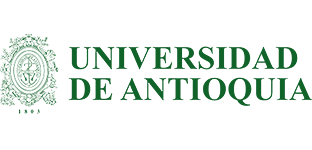
UDEA - Universidad de Antioquia (Colombia)
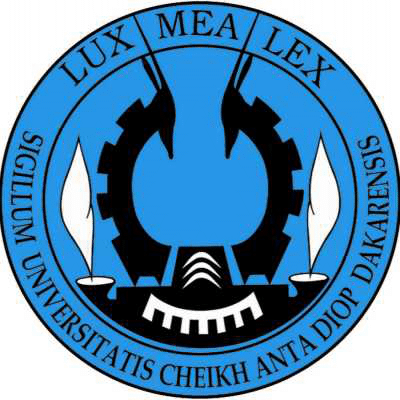
UCAD - Université Cheikh Anta Diop de Dakar (Senegal)

UDsch - Université de Dschang (Cameroon)
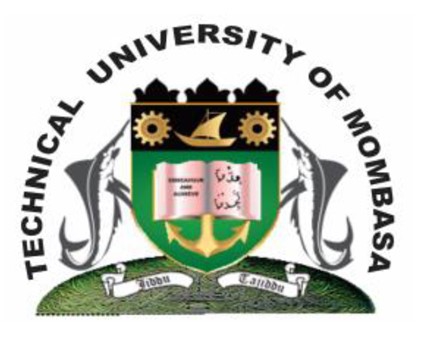
TUM - Technical University of Mombasa (Kenya)

UNIRé - Université de La Réunion (Reunion Island)
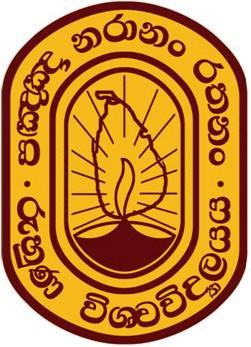
RUH - University of Ruhuna (Sri Lanka)

UMT - Universiti Malaysia Terengganu (Malaysia)
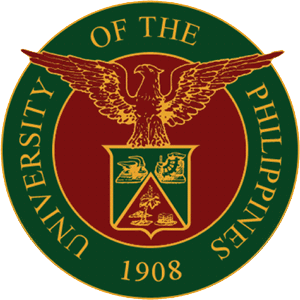
UPD - University of The Philippines Diliman (Philippines)
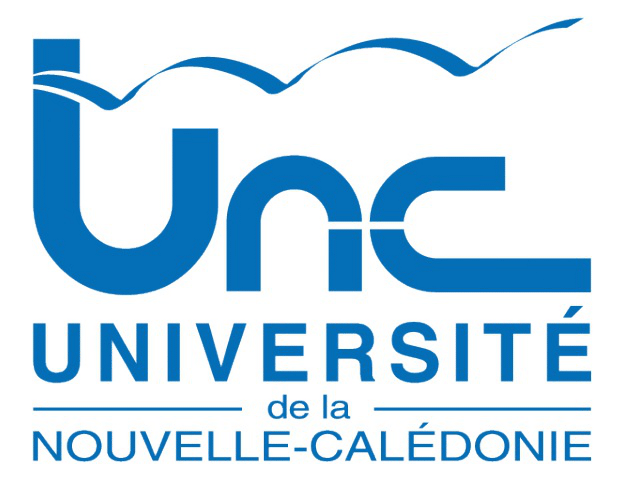
UNC - Université de la Nouvelle-Calédonie (New Caledonia)
Programme

TROPIMUNDO is an EC-funded and excellence-labelled Erasmus Mundus Joint Master (Degree) in Tropical Biodiversity and Ecosystems, with co-financing from VLIRUOS for Mundus tropicalis, the Trajectories running through Kenya and the Philippines. We aim to bring together expert Higher Education Institutes (HEI), with long-standing worldwide expertise in tropical rainforests and woodlands and in tropical coastal ecosystems. TROPIMUNDO and Mundus tropicalis students can concentrate on botany, zoology and integrative ecosystem approaches in institutions with and beyond Europe in 2 Master years, of which an entire semester is spent in the tropics. Specialisation is possible on the evolution of tropical flora and vegetation, on faunistic assemblages, on informatics tools to treat and manage biodiversity data and databases (biogeographical, genetical, geographical information systems) including the management and conservation of historic collections such as herbarium sheets, on the study of diversity, dynamics and evolution of tropical and subtropical ecosystems (with a focus on four related systems, namely tropical rainforests and woodlands, mangrove forests, seagrass beds and coral reefs, including the interactions between flora, fauna, man and the environment within and between each of these adjacent ecosystems), on conservation and restoration ecology of natural habitats and their biodiversity including competences in sustainable management and governance of biodiversity, and finally, on tropical ethnobotany, exploitation and valorisation of natural resources and conservation of traditional ecological knowledge.
 The information in this website may be subject to changes from one year to another.
The information in this website may be subject to changes from one year to another.Application
The second call for self-funded applicants intending to start their studies in academic year 2026-2027 will open in January 2025.
Detailed information on TROPIMUNDO facts, conditions, procedures, deadlines, etc... is available in the online Information and Application Module.
The first TROPIMUNDO call is for scholarship seekers or self-funded applicants and will be evaluated as a batch after the deadline in November 2025. If available places remain a second call will be opened and applications will be treated on a first come first served basis. The second call for TROPIMUNDO applications from self-funded applicants from all countries will be open until the deadline of 30 April of 2026. After this date the call will remain open only for self-funded applicants from Programme Countries until 28 June 2026. The second call will remain open until all available places have been attributed.
Admissions may be done conditional of obtaining a Bachelor diploma or language proof before the start of the academic year.
The next scholarship call for applicants intending to start in academic year 2027-2028 is expected to open in October 2026.
Click below to get your personal account to the online Application, Information and Management Tool:
FREQUENTLY ASKED QUESTIONS - FAQ
Tweets TROPIMUNDO
Sri Lanka
Malaysia
Colombia
Kenya
La Réunion
Cameroon
Senegal
Philippines
New Caledonia
Core values
- A unique course program that maximises radiation of the long-standing experience and the scientific excellence of the Higher Education Institutes constitutin gthe TROPIMUNDO Consortium and that leads to a joint degree;
- A mobility within Europe pluss a unique full semester mobility in situ including both classroom and field courses in the Caribbean, Amazonian, African, Asian or Oceanian wet tropics at participating universities;
- A clear study Trajectory in which fundamental understanding of one or multiple most-threatened ecosystems, or their components (incl. biota and abiotic factors and humans), is followed by research tools to study, understand, and manage them with the aim of biological conservation;
- A full semester MSc Thesis research in collaboration with one or more TROPIMUNDO Full or Associate Partners (see below)
- Intensive contact with different cultures and languages, which stimulates content and language integrated learning.
Joint Master Degree
Upon graduation students will be awarded a Joint Master degree by the European institutes visited by the student. In addition, each student will receive a Europass Certificate signed/stamped by all participating higher education institutes involved.Find out the legal provisions of the degree-awarding institutions (this also includes a summary description and detailed course descriptions of graduated student cohorts)
Basic student requirements
- An internationally accepted Bachelor in Science degree (i.e. equivalent to 180 ECTS) with a major in Biology, Natural Sciences, Environmental Sciences, or equivalent from an accredited university. Prospective applicants should check the FAQ to see which BSc are likely to be considered equivalent and which are not;
- Students must be able to demonstrate proficiency in English, or in English plus French and/or Spanish. However, in the 1st and 3rd semester extra-curricular language courses are offered to improve language skills needed on the student's study Trajectory. More information on language requirements can be found in the online Application, Information and Management Tool (AIM-tool);
- A personal evaluation of the applications will be done by the Selection Committee composed of all Local Coordinators.
Trajectory in 4 semesters
The consortium is composed of 8 higher education institutes in EU Member States and 7 in Third Countries not affiliated to the Erasmus+ Programme. In a first semester, students start in Brussels to acquire similar competences. In a second semester field experience and courses will take place in a university in a tropical region. The third semester will cover a specialisation in a European university different from the first semester. The fourth semester is dedicated to the MSc Thesis and students return to where they started out. Every Trajectory of 4 semesters constitutes a unique combination of courses and expertises.In-depth information available:
Tuition fees
Tuition fees are 9,000 EUR per year for students from Third Countries not associated to the Erasmus+ Programme (largely outside Europe) and 4,500 EUR per year for students from EU Member States and Third Countries associated to the Erasmus+ Programme (largely in Europe). Self-funded students will receive a restitution of 500 EUR for each 4500 EUR paid. Tuition fees are to be paid to the coordinating institute an include consortium enrolment fees and the insurance cost. The tuition fees do not include costs related to visa and preparatory documents, accommodation, additional insurance costs, living expenses and travel and transportation costs. However, EC-funded students have additional cost coverage.Find more information here.Scholarships
TROPIMUNDO Candidates can also apply for an Erasmus Mundus scholarship open to applicants from all nationalities (Erasmus Mundus scholarships pending approval by the EC). Students from VLIR-UOS priority countries can also apply for a VLIR-UOS Scholarship. Applications are scrutinised based on excellence criteria (see below).Applying for Tropimundo
The following information sections are extracted from the online Information and Application Module.FREQUENTLY ASKED QUESTIONS - FAQ
Awards & Laureates
- The TROPIMUNDO Best Student Award, awarded to the student with the highest overall course average.
- The Lorenzo Borella Memorial Award, awarded to the student with the highest thesis mark. The eponymy is in loving memory of the TROPIMUNDO alumnus Lorenzo Borella and is described here in English, Italian, French and Dutch). This award was originally named the TROPIMUNDO Best Thesis Award.
2025 Laureates:
Sue de RON (TROPIMUNDO Best Student Award)
Jeanny Mae MAGANA (Lorenzo Borella Memorial Award)
2024 Laureates:
Kris Jypson ESTURAS (TROPIMUNDO Best Student Award)
Ángela BARRERA BELLO & Sara VROMAN (shared Lorenzo Borella Memorial Award)
2023 Laureates:
As there was no student intake in 2021 due to the COVID19 pandemic, no TROPIMUNDO Best Student Award has been awarded in 2023.
Elissa PELSMAEKERS (Lorenzo Borella Memorial Award)
2022 Laureates:
Jasmine LIU (TROPIMUNDO Best Student Award)
Alvise DABALÀ (Lorenzo Borella Memorial Award)
2021 Laureates:
Kristine BUENAFE (TROPIMUNDO Best Student Award)
Anne Marieke de GEEST (Lorenzo Borella Memorial Award)
2020 Laureates:
Thibault NEVE DE MEVERGNIES (TROPIMUNDO Best Student Award)
Hugo DUCRET (Lorenzo Borella Memorial Award)
2019 Laureates:
Maël DORE (TROPIMUNDO Best Student Award)
Giovanna WOLSWIJK (Lorenzo Borella Memorial Award)
Ilke GELADI (Public Prize of the Jacques Kets Award)
Rafaela DE ALBUQUERQUE RIBEIRO (VLIZ Master Thesis Award)
2018 Laureates:
James HAGAN (TROPIMUNDO Best Student Award)
Thomas LUYPAERT (Lorenzo Borella Memorial Award and Jacques Kets Award)
Meenakshi SHANKAR POTI (VLIZ Master Thesis Award)
Liam LACHS (VLIZ Master Thesis Award)
2017 Laureates:
Catherine TURNER (TROPIMUNDO Best Student Award)
Elena QUINTERO BORRERO (Lorenzo Borella Memorial Award)
2016 Laureates:
Barbara HENDUS (TROPIMUNDO Best Student Award)
João NUNES DE MATOS FARMINHAO (Lorenzo Borella Memorial Award)
2015 Laureates:
Mathil VANDROMME (TROPIMUNDO Best Student Award)
Daniel MONTECINOS LLERENA (TROPIMUNDO Best Thesis Award)
Students & Alumni

Coordinators
Participating universities and local coordinators
All institutes in the consortium are internationally-minded institutions with infrastructure, experience and proven results in servicing foreign students and scholars. The Local Coordinator, assisted by a Local Administrative Manager, will be the single contact point for students in all matters and will act as liaison between students and the administrative departments at their institution. All European institutes also have an International Relations Office that is used to guide foreign students and researchers, providing necessary material to help them find their way in the full program. The consortium aims to meet the highest quality requirements. More information on programme quality and evaluation is available from the Online Information and Application Module, or in case of additional questions not indicatd on the website, through e-mail (info@tropimundo.eu).Consortium:
- Université Libre de Bruxelles - ULB (Belgium)
Managing Director: Farid DAHDOUH-GUEBAS
Founding Director: Farid DAHDOUH-GUEBAS (anno 2012) - Université Libre de Bruxelles - ULB (Belgium)
Local Coordinator: Ana Filipa PALMEIRIM - Vrije Universiteit Brussel - VUB (Belgium)
Local Coordinators: Iris STIERS and Tom VAN der STOCKEN - Sorbonne Université - SU (France)
Local Coordinator: Jean-Yves DUBUISSON - Muséum National d'Histoire Naturelle - MNHN (France)
Local Coordinator: Nathalie BECKER - Università degli Studi di Firenze - UNIFI (Italy)
Local Coordinator: Sara FRATINI - Université de Guyane - UdG (French Guyana, France)
Local Coordinator: Sabrina COSTE - Universidad de Antioquia - UDEA (Colombia) for Atlantic East-Pacific ecosystems
Local Coordinator: Héctor Fabio RIVERA-GUTIERREZ - Université Cheikh Anta Diop de Dakar (Senegal) for West-African semi-arid and Sahel ecosystems
Local Coordinator: Khady DIOUF GOUDIABY - Université de Dschang - UDsch (Cameroon) for African tropical rainforests
Local Coordinator: François NGUETSOP - Technical University of Mombasa - TUM (Kenya) for East-African svannas, Great Lakes and coastal ecosystems
Local Coordinator: Cosmas Nzaka MUNGA - Université de La Réunion - UNIRé (France) for tropical forests of the South West Indian Ocean
Local Coordinator: Pascale BESSE - University of Ruhuna - RUH (Sri Lanka) for terrestrial forests and aquatic ecosystems
Local Coordinator: Sunanda KODIKARA ARACHCHILAGE - Universiti Malaysia Terengganu - UMT (Malaysia) for Asian tropical forests and coastal ecosystems
Local Coordinator: Behara SATYANARAYANA with Aidy Mohamed SHAWAL BIN M MUSLIM - Unibersidad ng Pilipinas - UPD (Philippines) for Westeran Pacific terrene, palustrine and marine ecosystems
Local Coordinator: Severino G. SALMO III - Université de la Nouvelle-Calédonie (New Caledonia, France) for South Pacific island ecosystems
Local coordinator: Valérie BURTET-SARRAMEGNA
Links
- The European Commission’s Erasmus+ Programme
- VLIRUOS
- Master International en Biodiversité et Environnements Subtropicaux et Tropicaux (BEST) formerly named Biodiversité et Environnements Végétaux Tropicaux (BEVT) and Biodiversité et Environnements Tropicaux (BET)
- International Course Programme: Mundus tropicalis (c/o TROPIMUNDO)
- International Course Programme: MSc. in Marine and Lacustrine Science and Management (Oceans & Lakes)
- Master of Science in Biology
- Intergovernmental Panel on Climate Change (IPCC)
- International Union for Conservation of Nature (IUCN)
- The Ramsar Convention on Wetlands
- United Nations Educational, Scientific and Cultural Organization (UNESCO)
- United Nations Environment Programme (UNEP)
Associate partners
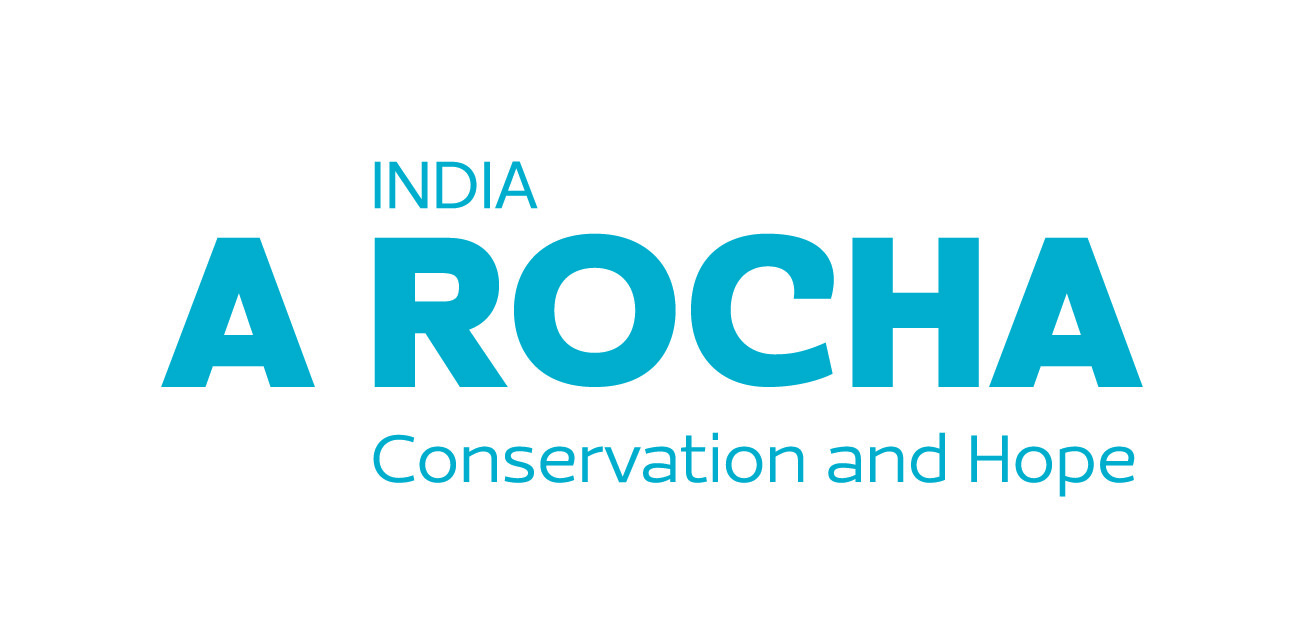
A Rocha (IN)
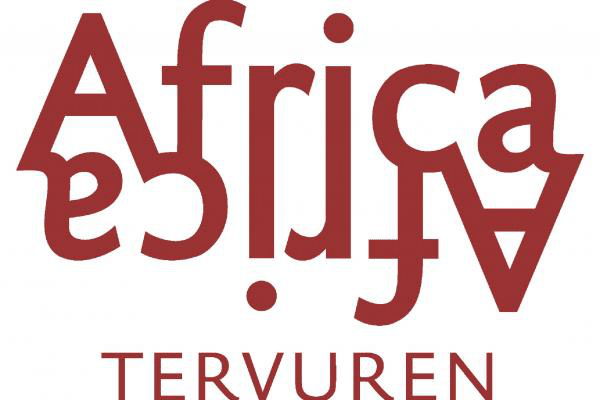
Royal Museum for Central Africa (BE)
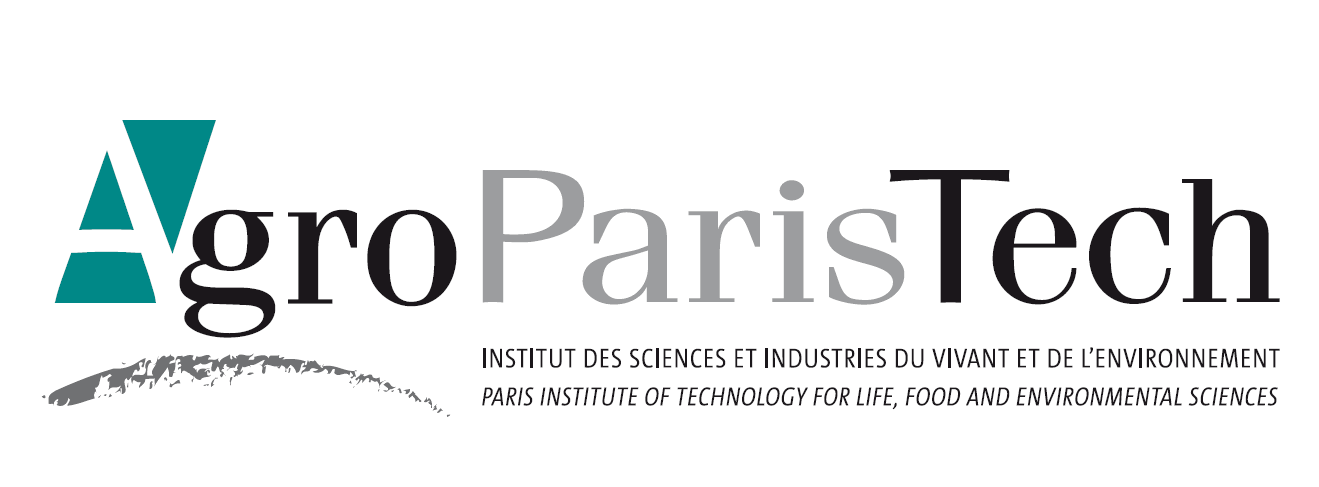
AgroParisTech (FR)

AMAP Sustainability (SE)

Biodiversity International (IT)
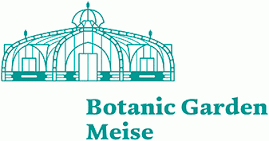
Botanic Garden Meise (BE)
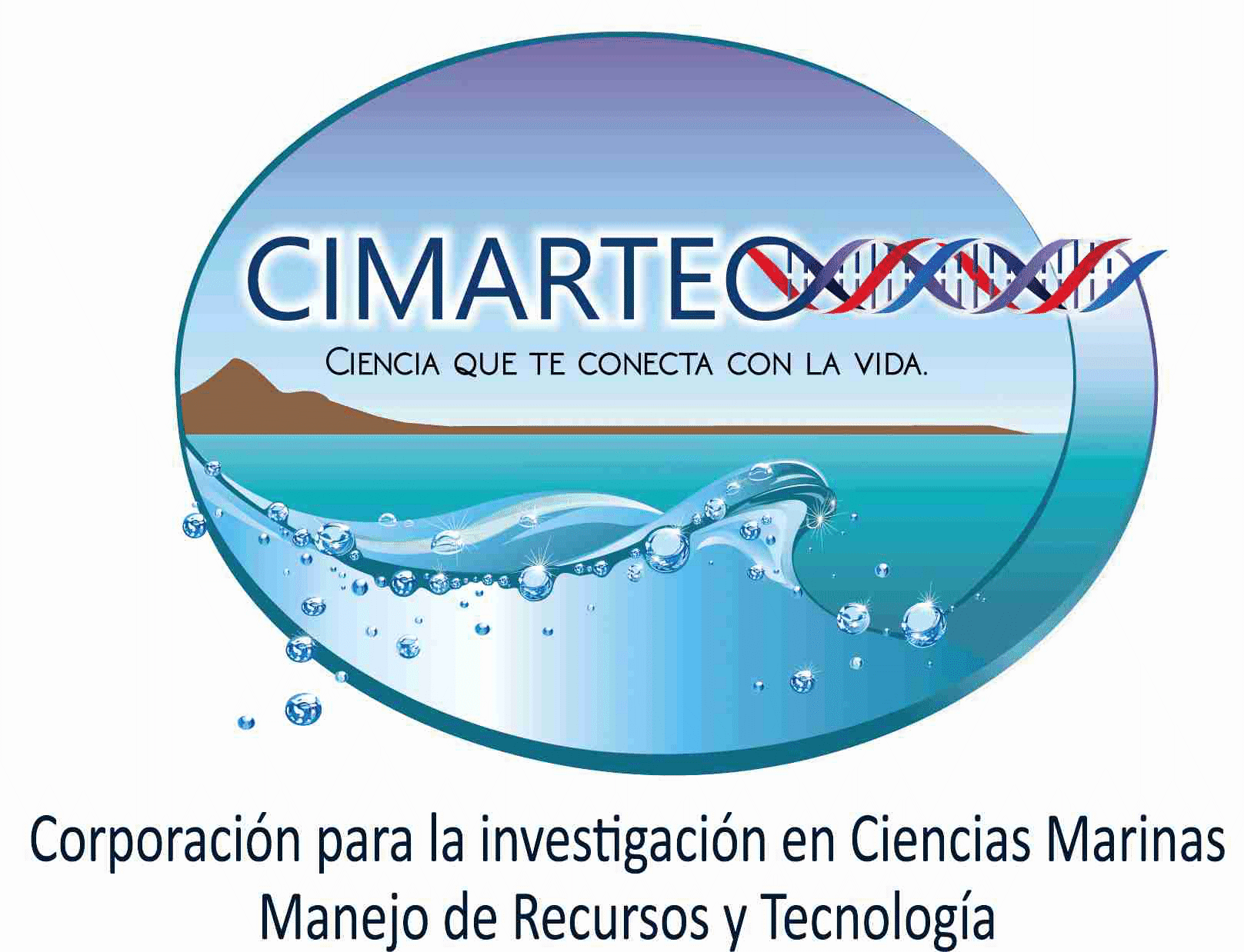
Corporación para la Investigación in Ciencias Marinas Manejo de Recursos y Tecnología (CO)

Centre de Cooperation Internationale en Recherche Agronomique (FR)
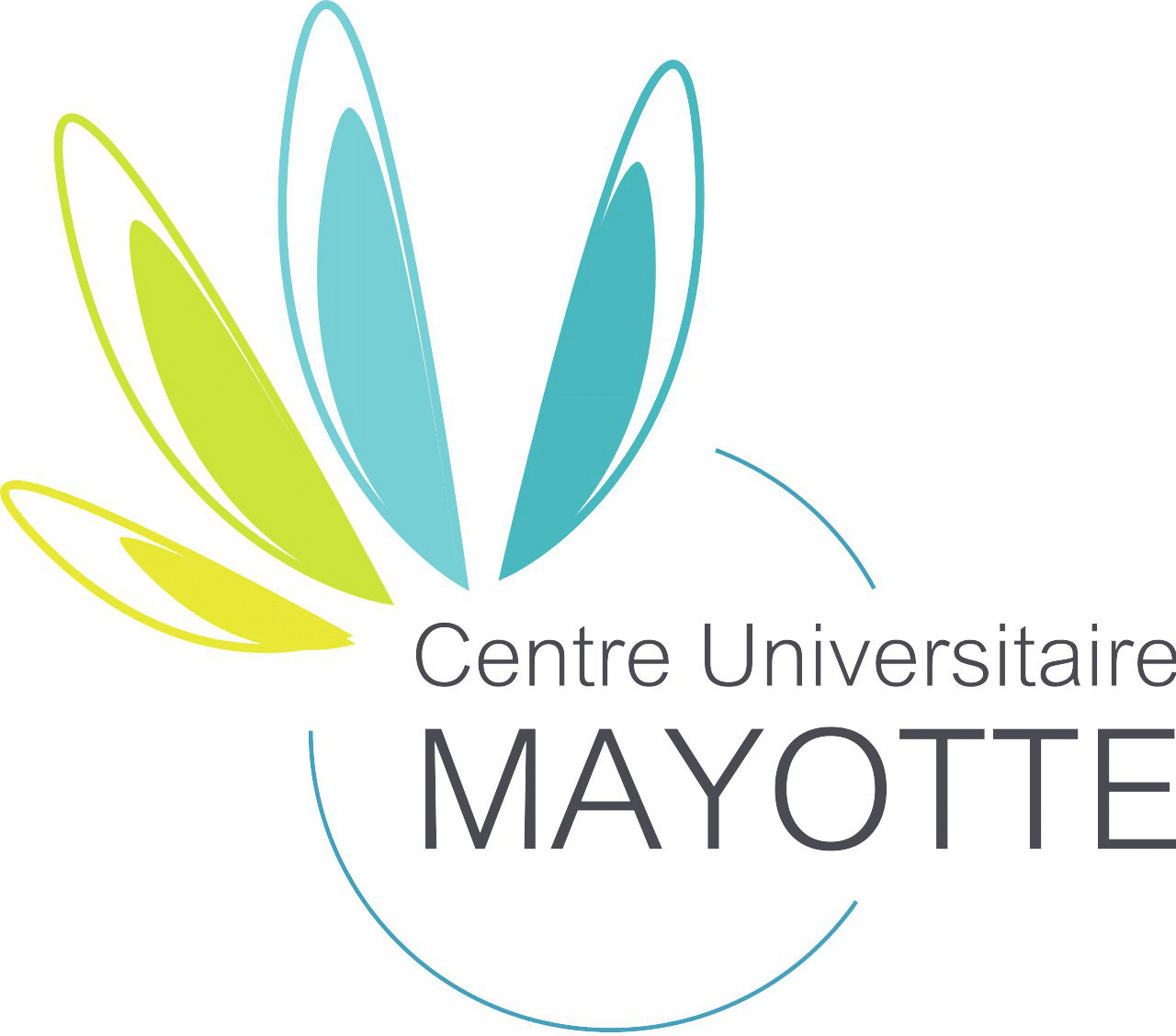
Centre Universitaire de Formation et de Recherche de Mayotte (FR)

CO2logic (BE)
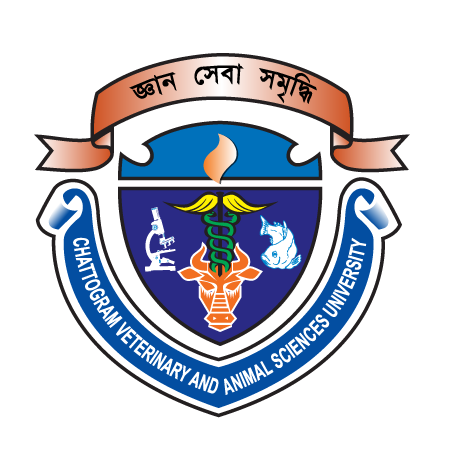
Chattogram Veterinary and Animal Sciences University (BD)
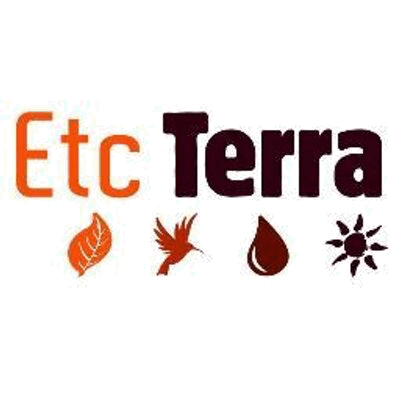
EtcTerra (FR)

FRIENDSHIP (BD)

Society for Tropical Ecology - gtö (DE)

Institut de Recherche pour le Développement (FR)
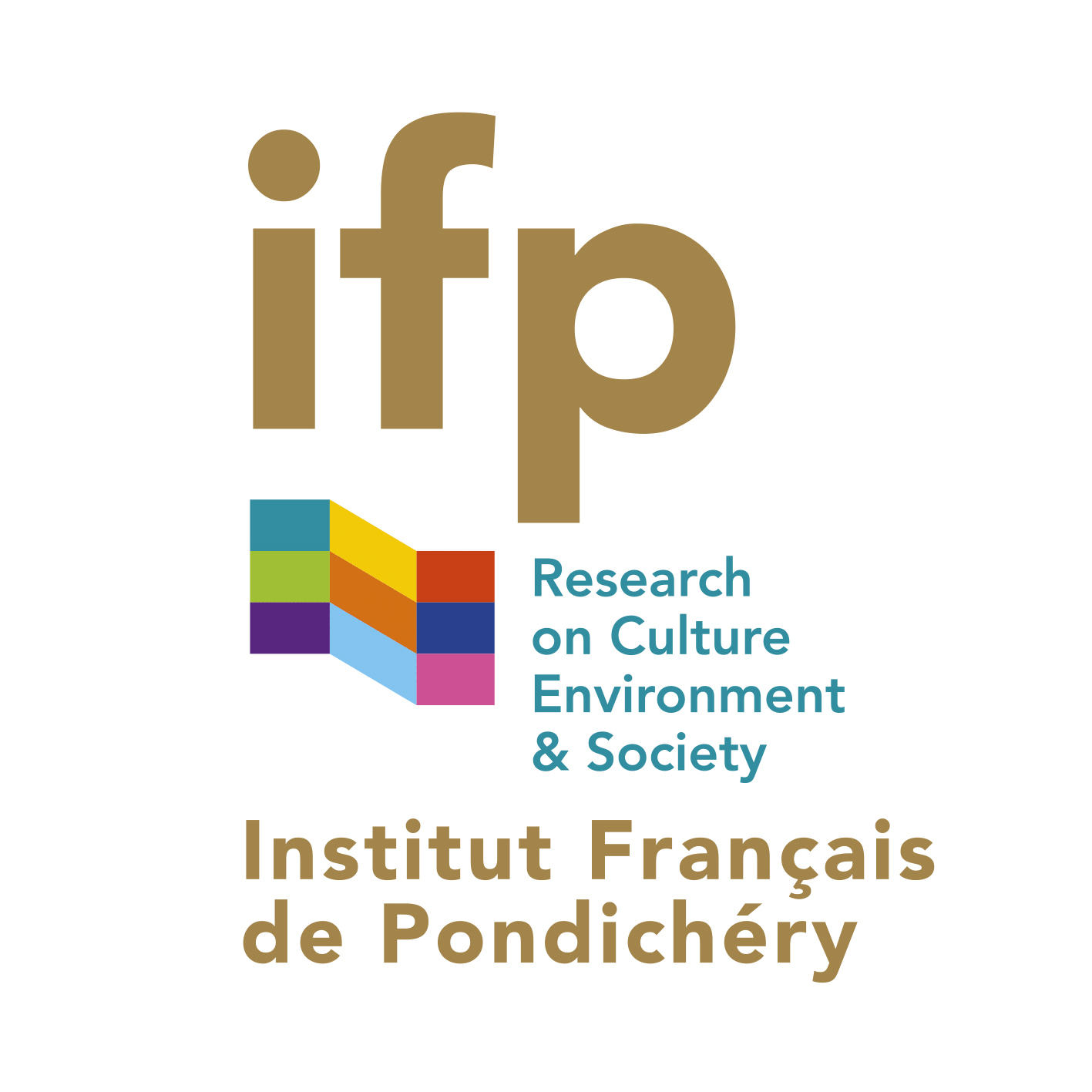
Institut Français de Pondichéry (IN)
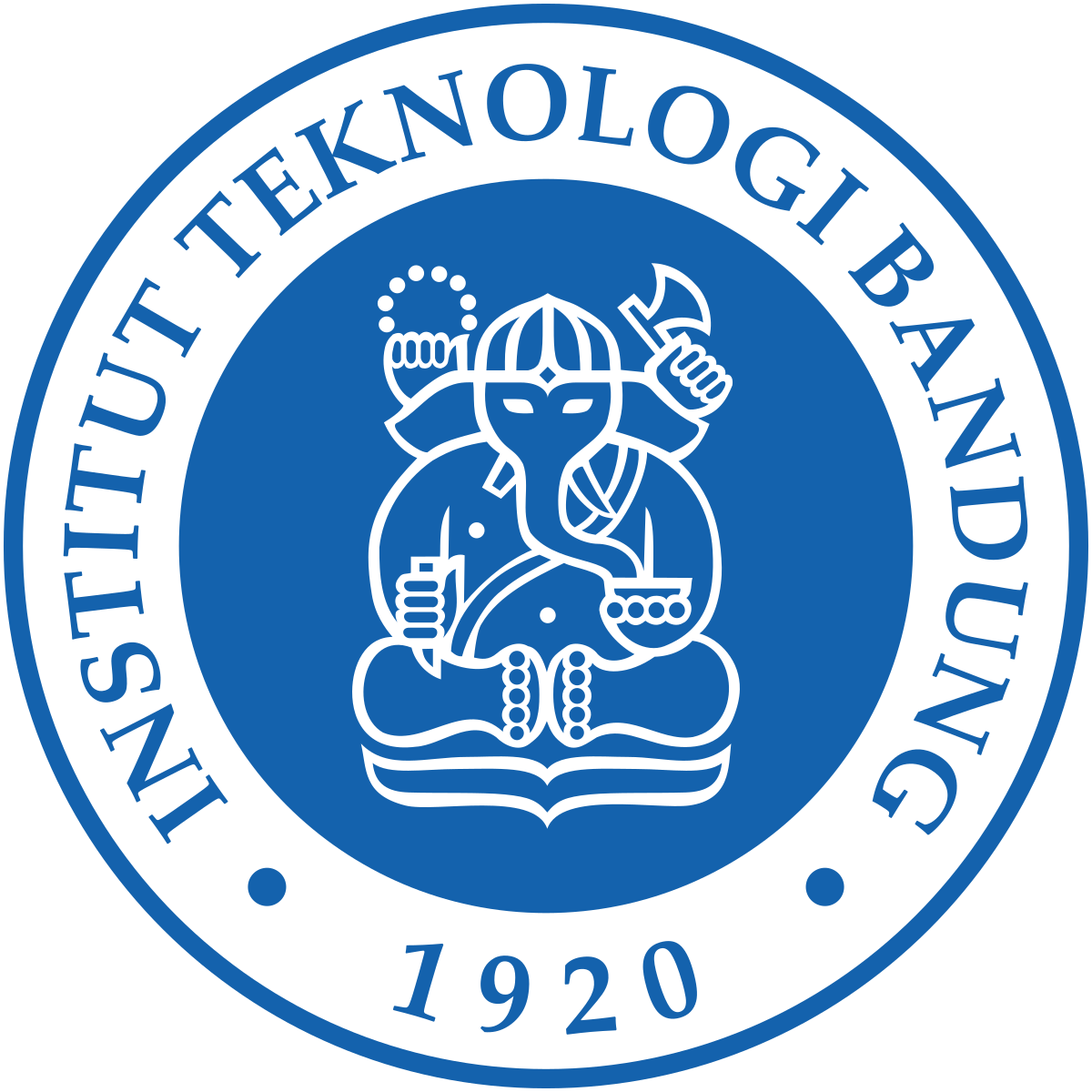
Institut Teknologi Bandung (ID)
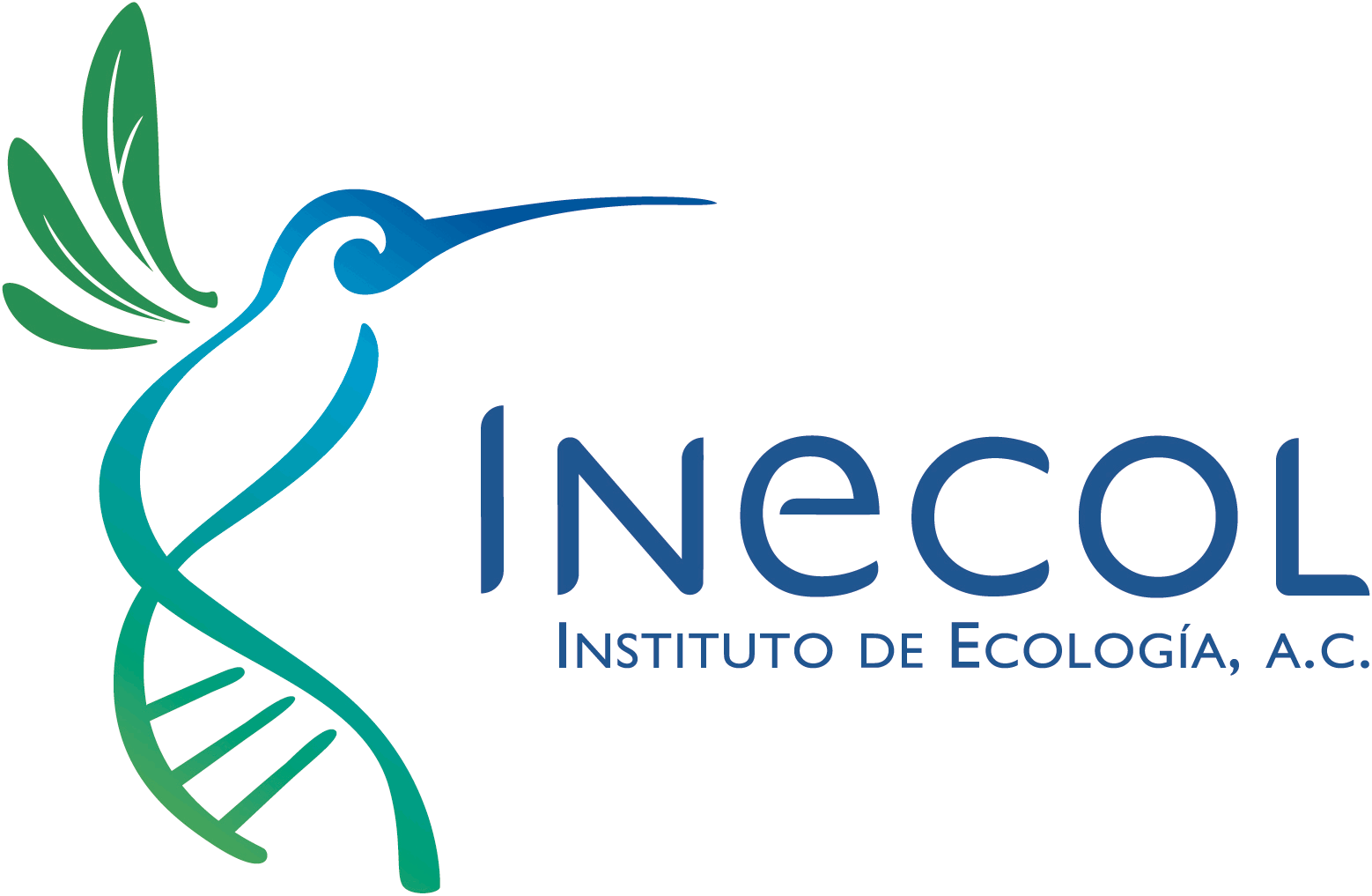
Instituto de Ecología (MX)
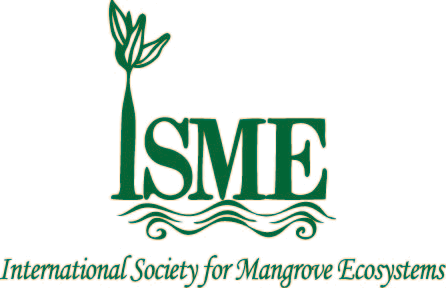
International Society for Mangrove Ecosystems (JP)
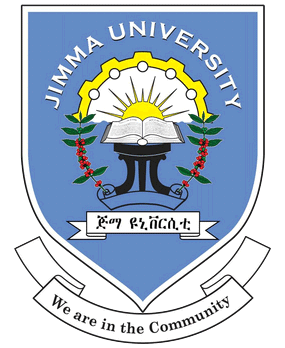
Jimma University (ET)
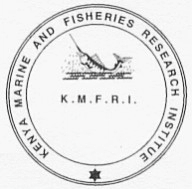
Kenya Marine and Fisheries Research Institute (KE)
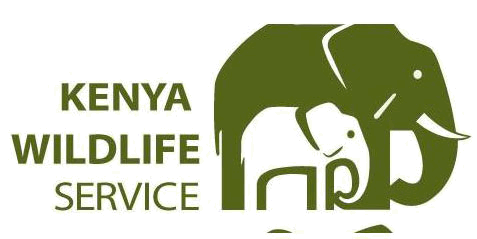
Kenya Wildlife Service (KE)
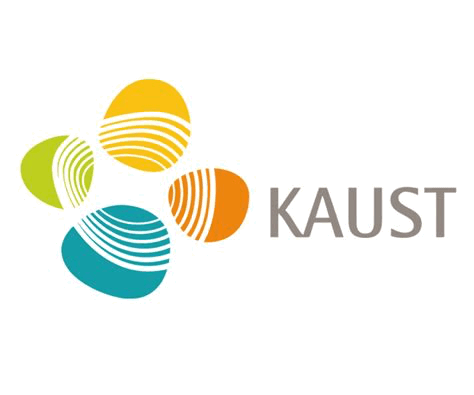
King Abdallah university of Science and Technology (SA)
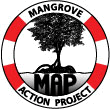
Mangrove Action Plan (US)
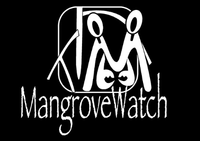
MangroveWatch (AU)
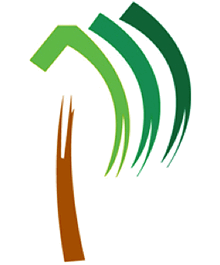
Malaysia Perak State Forestry Department (MY)

Malaysian Mokutan & Trading (MY)
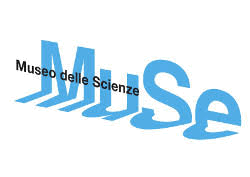
Museo delle Scienze (IT)
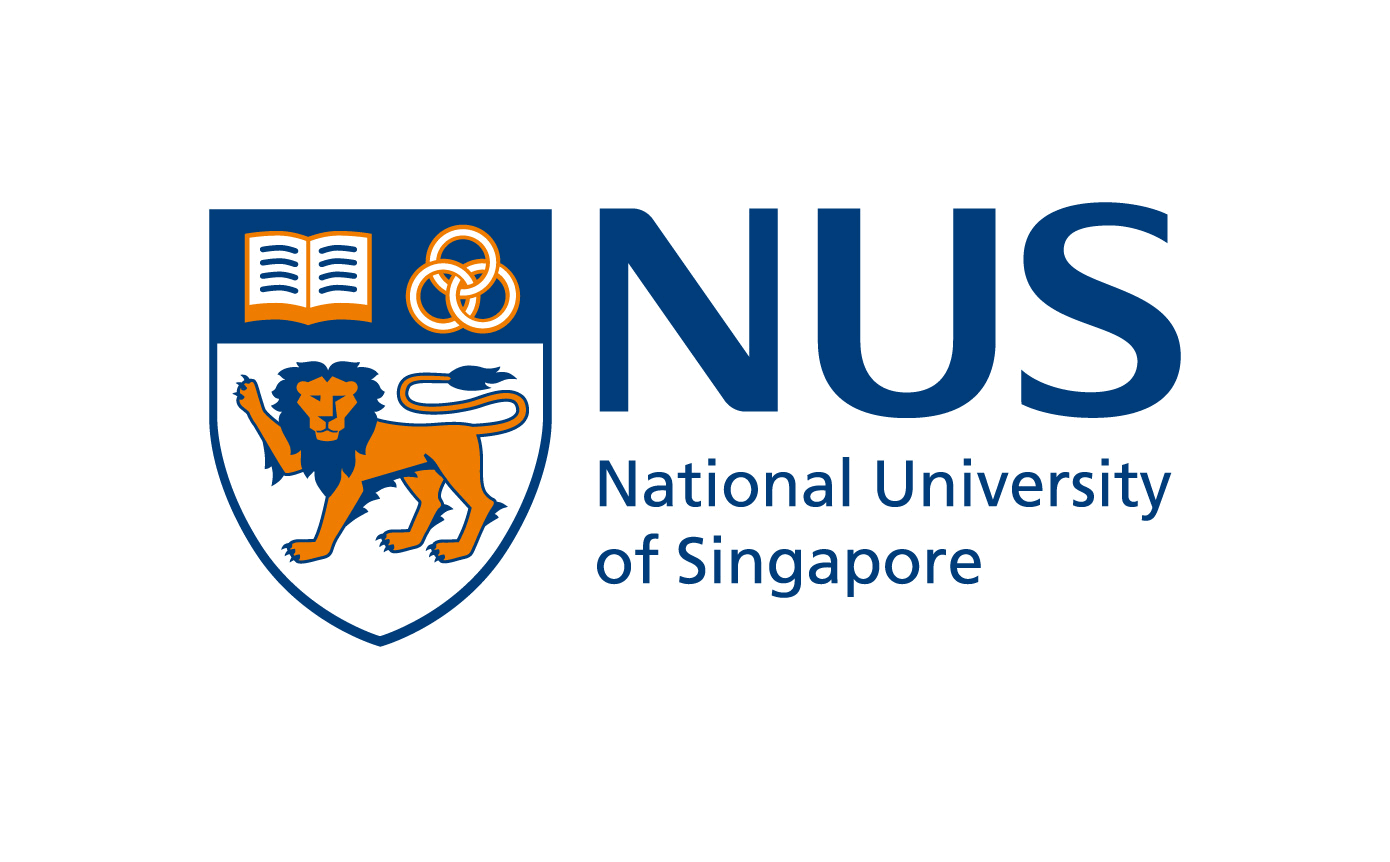
National University of Singapore (SG)

New York University Abu Dhabi's Mubadala Arabian Center for Climate and Environmental Sciences - ACCESS (AE)

Royal Academy for Overseas Sciences (BE)
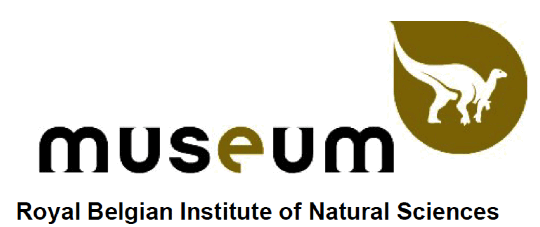
Royal Belgian Institute of Natural Sciences (BE)

Seychelles Parks and Gardens Authority (SC)
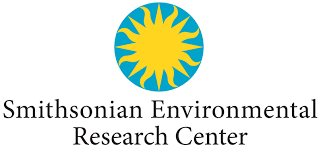
Smithsonian Institution - Smithsonian Environmental Research Center (US)
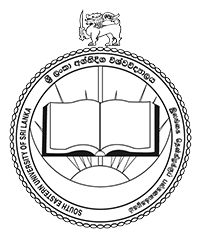
South-Eastern University (LK)
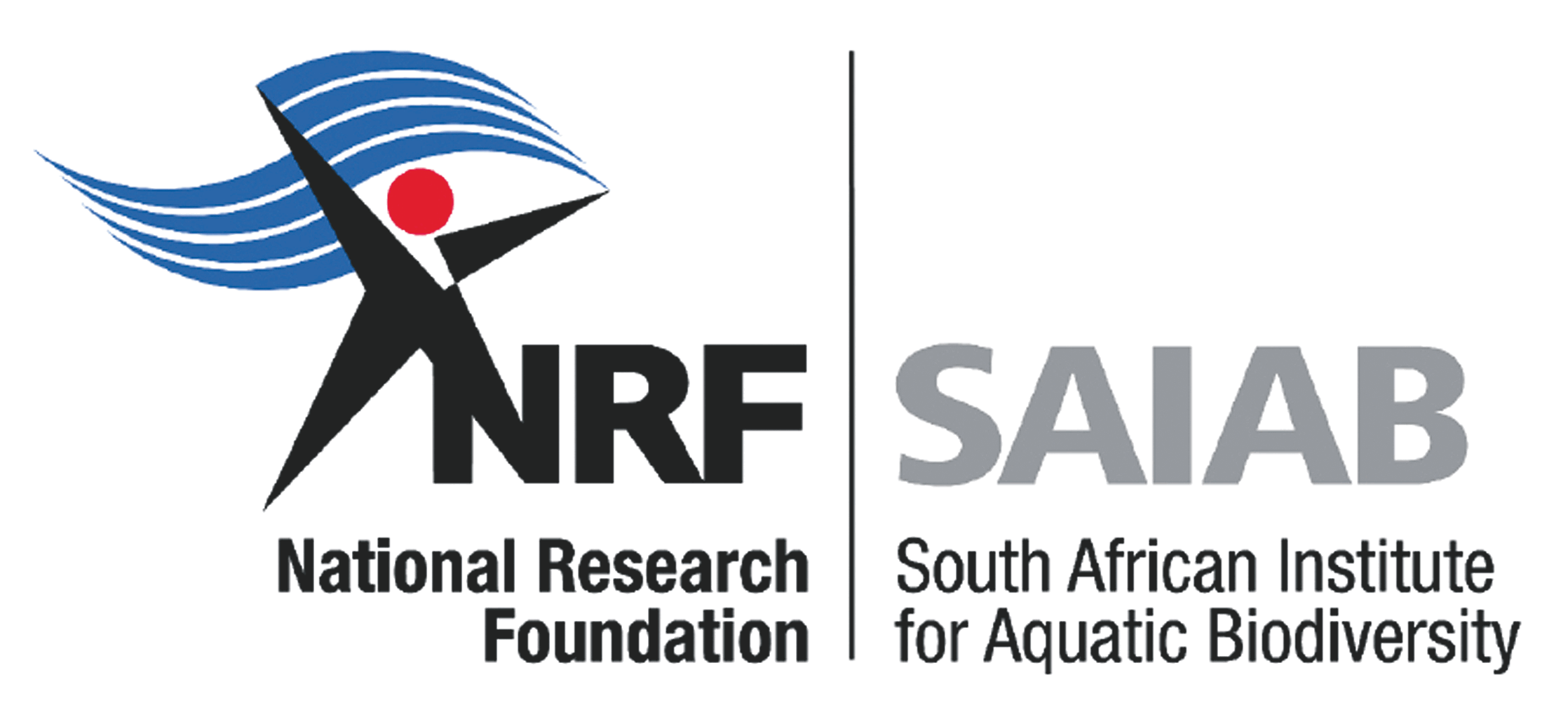
South African Institute for Aquatic Biodiversity (ZA)
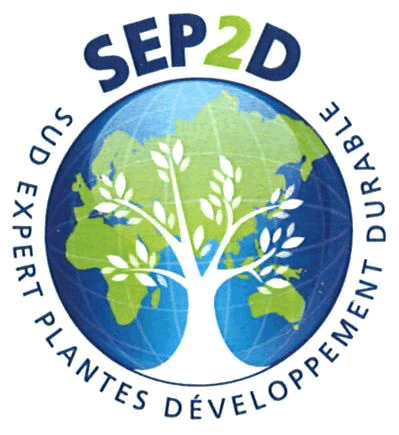
Sud Expert Plantes Développement Durable - SEP2D (FR)
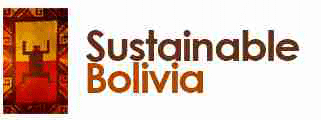
Sustainable Bolivia (BO)
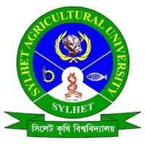
Sylhet Agricultural University (BD)
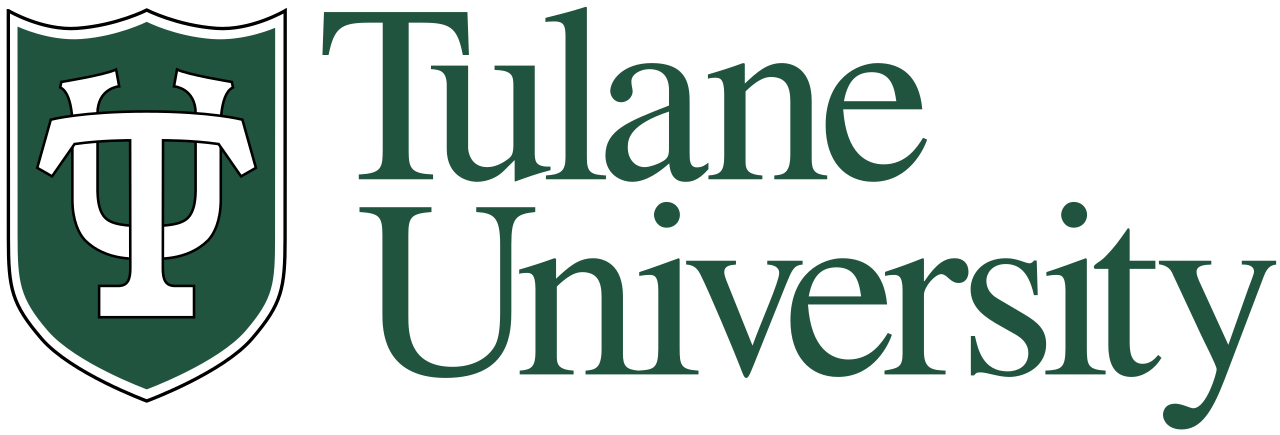
Tulane University (US)
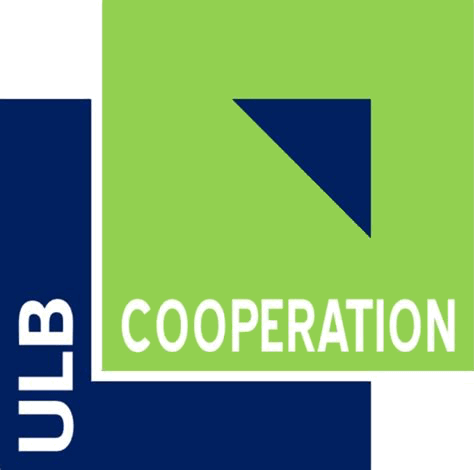
ULB Coopération (BE)
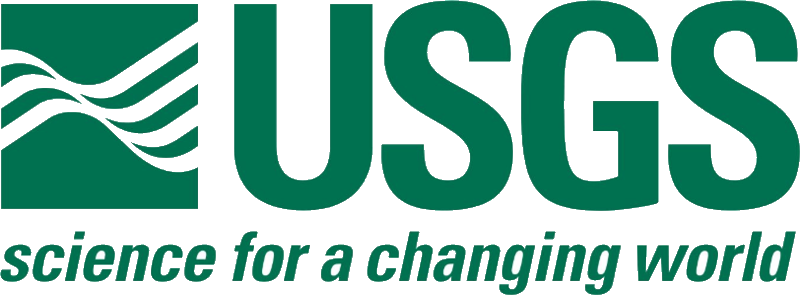
United States Geological Survey (US)
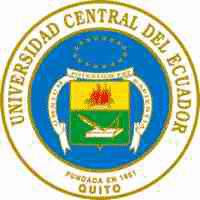
Universidad Central del Ecuador (EC)
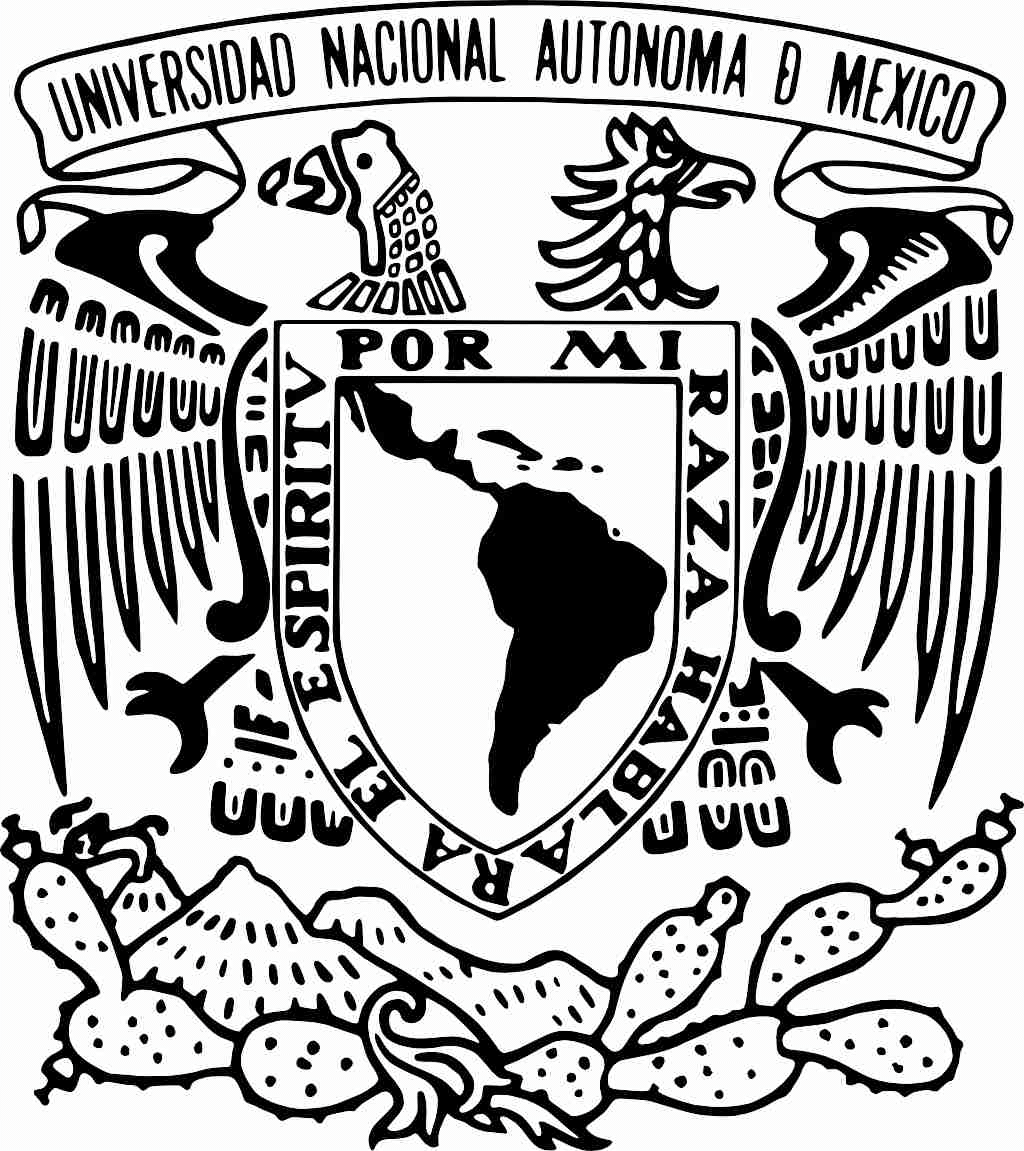
Universidad Nacional Autónoma de México (MX)
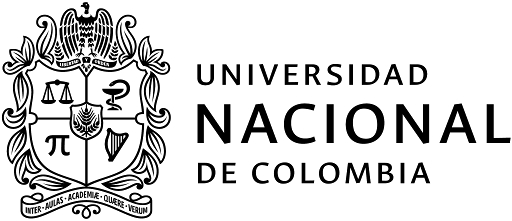
Universidad Nacional de Colombia (CO)
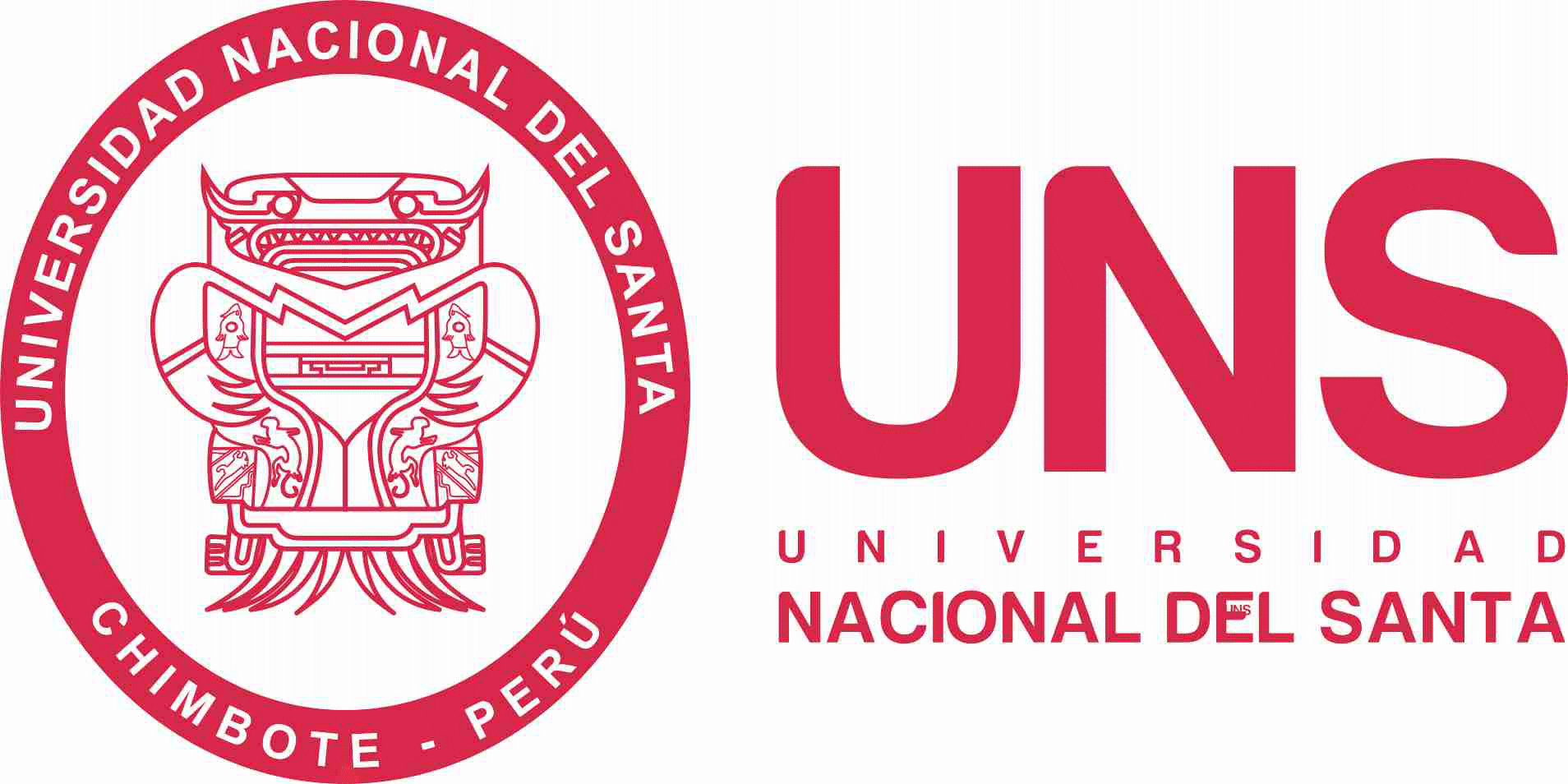
Universidad Nacional del Santa (PE)

Universidade Estadual Paulista (BR)
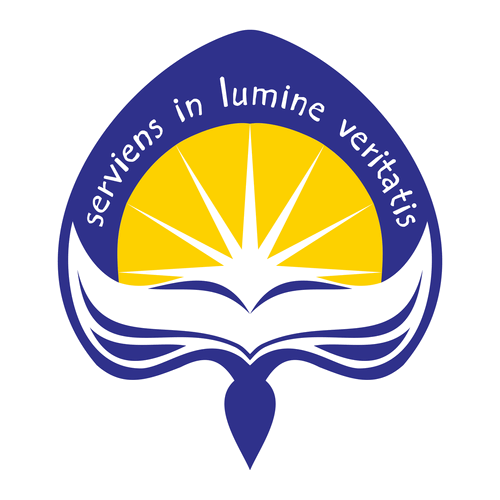
Universitas Atma Jaya Yogyakarta (ID)
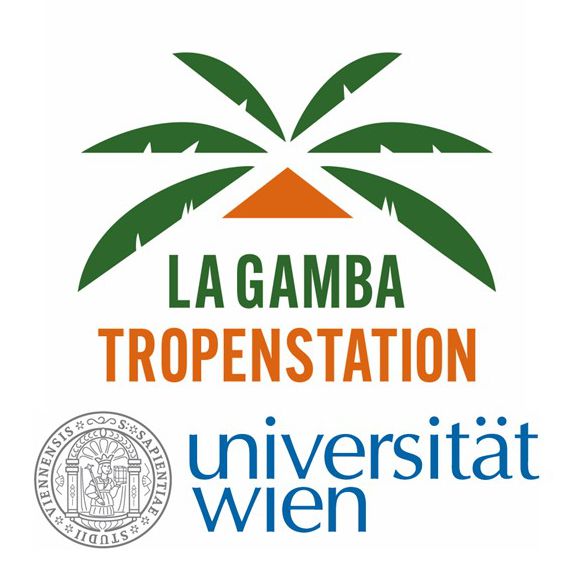
Universität Wien (AT)
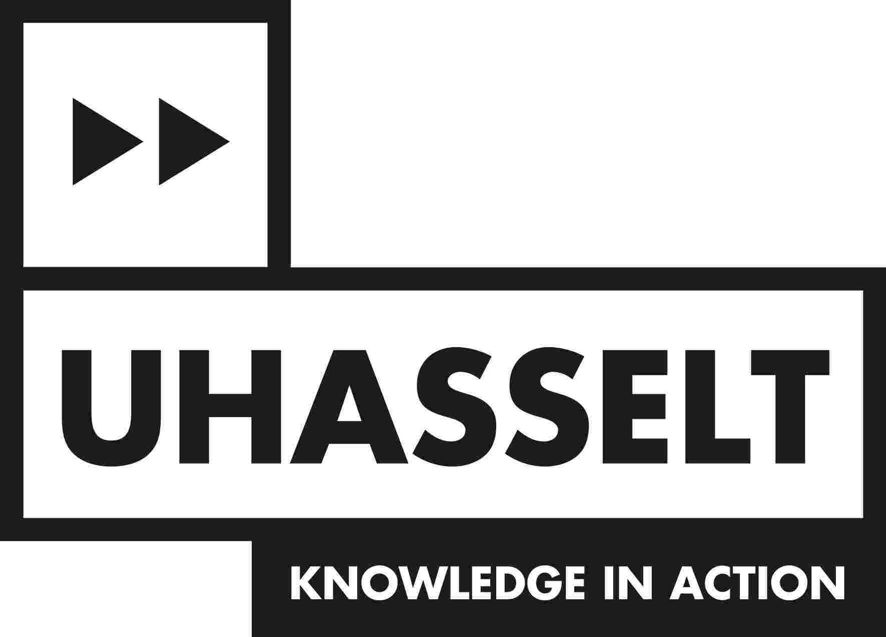
Universiteit Hasselt (BE)
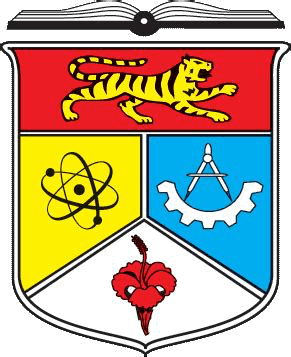
Universiti Kebangsaan Malaysia (MY)
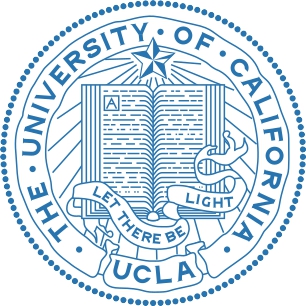
University of California (US)
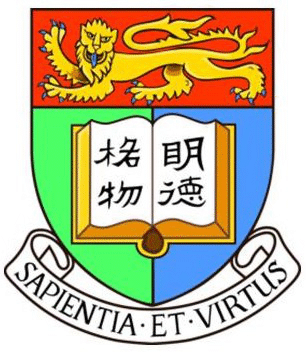
University of Hong Kong (HK)
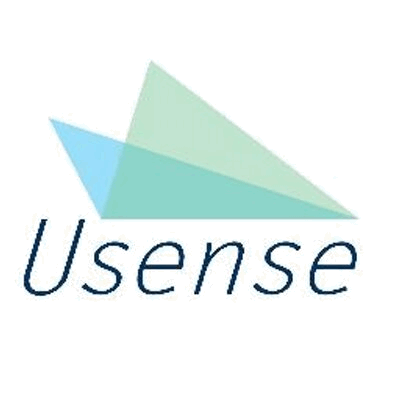
Usense (BE)

Vlaams Instituut voor Technologisch Onderzoek (BE)

Flanders Marine Institute (BE)
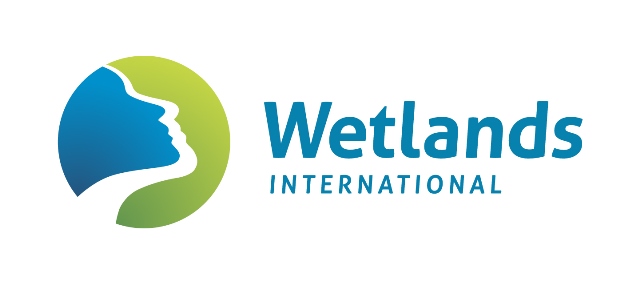
Wetlands International (SN)
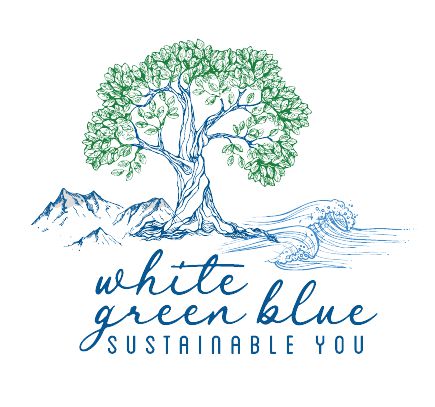
White Green Blue (BE)
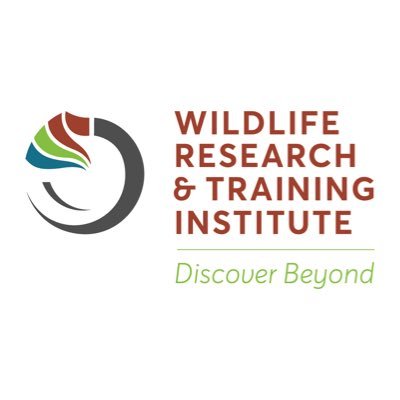
Wildlife Research and Training Institute (KE)

Zentrum für Mariene Tropenforschung
Leibniz Centre for Marine Tropical Research (DE)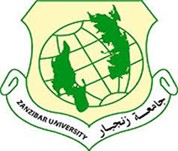
Zanzibar University (TZ)
Former associate partners

 Disclaimer | FAQ | Information relating to individuals (personal data) is collected and used in accordance with the regulation(EU) 2016/679on the protection of natural persons with regard to the processing of personal data and on the free movement of such data, and repealing Directive 95/46/EC
Disclaimer | FAQ | Information relating to individuals (personal data) is collected and used in accordance with the regulation(EU) 2016/679on the protection of natural persons with regard to the processing of personal data and on the free movement of such data, and repealing Directive 95/46/EC(General Data Protection Regulation) of the European Parliament and of the Council of 24 October 1995 (Official Journal L 281 , 23/11/1995 P. 0031 – 0050) | GDPR info:GDPR@tropimundo.eu| General info:info@tropimundo.eu| Latest update:












